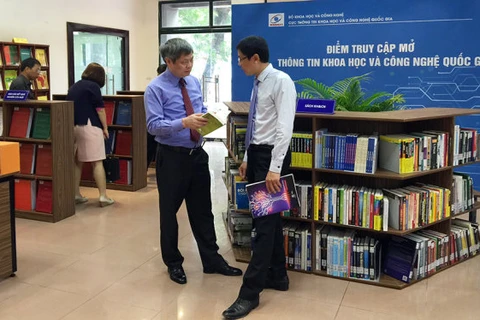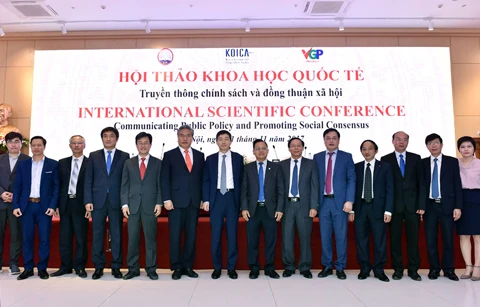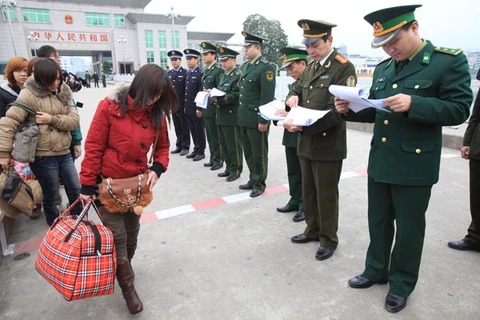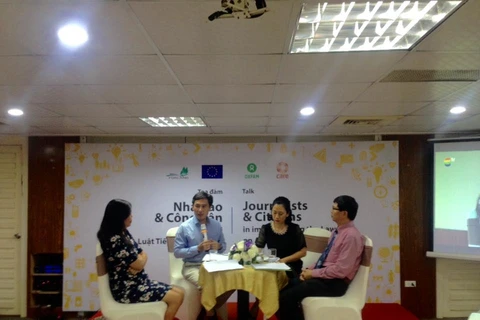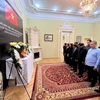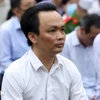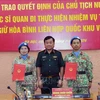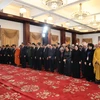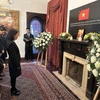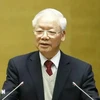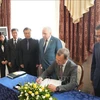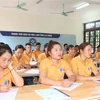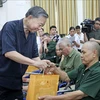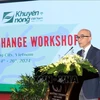Hanoi (VNA) – An international symposium took place in Hanoi on November 8 to discuss people-centred policy communications and solutions to improve the public’s access to information.
It was organised by the Academy of Journalism and Communications, the Dai bieu nhan dan (People’s Representative) newspaper, and the Korea International Cooperation Agency (KOICA).
Experts from Vietnam and the Republic of Korea shared their experience in people-centred policy communications and solutions to promote public engagement in policymaking.
Truong Ngoc Nam, Director of the Academy of Journalism and Communications, said that the public’s central role in policymaking is evidenced as they are not only the target of such policies, but also participate in the process, give feedback on policy selection, and evaluate the impact of policies.
He added that in order to ensure this is maintained, it is necessary to build models and solutions to receive and analyse public feedback, such as e-government or other communication models that apply modern technology.
At the event, many opinions focused on the conditions for public access of policies, saying that information transparency is essential for them to be able to exercise their right to know. Only when the public has full access to accurate, detailed information can they exercise the right to discuss it.
Do Chi Nghia, Editor-in-Chief of the Dai bieu nhan dan newspaper, said that engaging the public in the policymaking process is an important solution to improving not only the effectiveness of policy communications, but also people’s capacity of accessing, evaluating, and giving feedback on policies.
It is necessary to ensure people’s right to information and promote the accountability of policymaking agencies, he added.
Other participants also highlighted the importance of enhancing the public’s capacity of accessing information amid the technological and social media boom at present.
They said it is an urgent requirement to ensure information equality among regions with different development levels, noting that more attention should be paid to improving the conditions for and capacity of accessing information among rural and mountainous residents.–VNA
VNA

